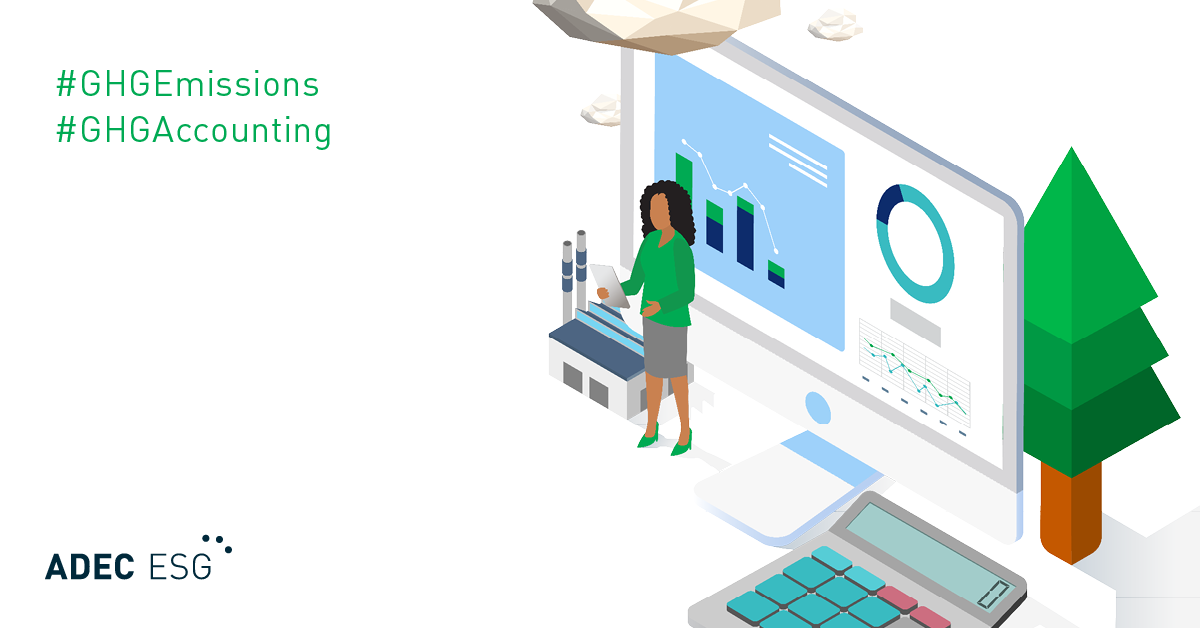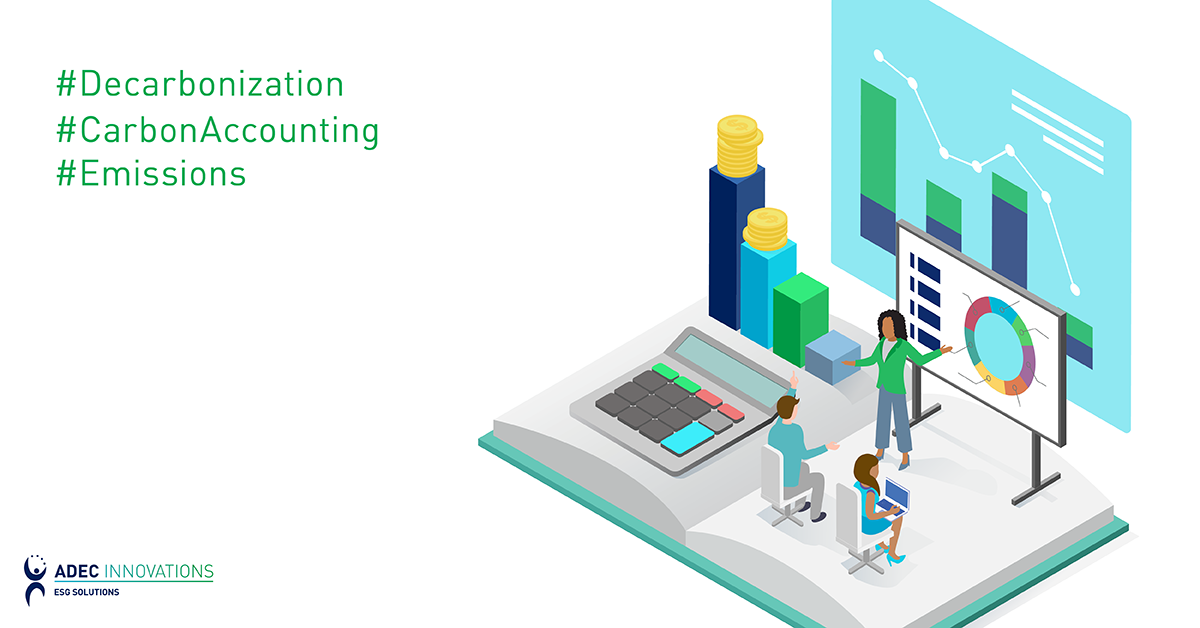
Not wishing to sound flippant but the answer is simply, “Start Now!”
Companies that are mandated by CRC Energy Efficiency Scheme are well versed in capturing their carbon data. This is the second real year; and these companies will have either engaged with a software provider, or they are still using Microsoft Excel sheets and perhaps looking to use some software to make the job easier.
Mandatory UK Carbon Reporting is capturing many companies that report to CRC. So many of these companies already have specialised teams engaged in the data acquisition process. However, there are some significantly different parameters as laid out by Adrian Flemming of ManageCO2:
- The London Stock Exchange (LSE) reporting is a separate report which covers all 6 Kyoto gases and not just CO2 as per the CRC.
- The LSE covers Scope 1, Scope 2 and Scope 3 emissions, not just energy.
- In addition, while CRC impacts only UK based facilities, the LSE reports impact all company facilities globally.
- The CRC boundary definitions are likely to be different to the boundary definitions under the LSE reporting
The challenge is not the software, the challenge is the data. There remain significant questions over whether a company will have access to the accurate data.
Some examples
One example is a service company that operates a transport system in a very hot country. Their contract is to run the system. The energy is paid for by the owners – who are not LSE quoted. If the system owner does not want to declare energy consumption – the LSE company cannot comply with the requirements of Mandatory Carbon Reporting.
Another example is a company that uses significant energy to produce a product in a highly competitive market. By releasing their energy consumption, their price competitive advantage may be exposed.
In both examples, you can see how non-compliant companies can drag down those who do. By and large, the compliant ones do not have access to the right data they need. And that is why data still remains the challenge.
This is how those companies that report to the Carbon Disclosure Project (CDP) and are already capturing their data do have an advantage. Working with them will not cause any encumbrance to compliance.
So, what can the majority who are not reporting to CDP do? For starters, they can:
- Identify whether or not the company is mandated.
- Identify a senior manager to lead the project.
- Make a detailed assessment on the requirements of reporting.
- Identify data collection methods.
- Identify software.
- Collect data.
However, if the data collection methodology is not robust, the reporting will become a looming nightmare. Many companies misguidedly choose to manage all the data collection internally using overstretched staff resources. This is an expensive, inefficient model – there is another way:
The Outsourcing Model Using a Specialised Service
- Reduce costs as much as 30% and take advantage of highly skilled offshore resources trained to process large amounts of data.
- Improve the quality of data by leveraging the resources of an outsourced vendor to collect data accurately.
- Enhance sustainability performance by collecting sustainability, energy and carbon data regularly and promptly.
- Lower the risk of losing important data through redundancy and back-up systems by utilising a Software as a Service (SaaS) platform.
- Increase operational efficiencies by standardising end-to-end systems from data entry to reconciliation and operating over a 24 hour cycle.
For further information on how we can ensure you are compliant with the UK Mandatory Carbon Reporting, schedule a consultation.
Did you enjoy this post? The author of this article is Charles Hansard. Learn more about him here.





